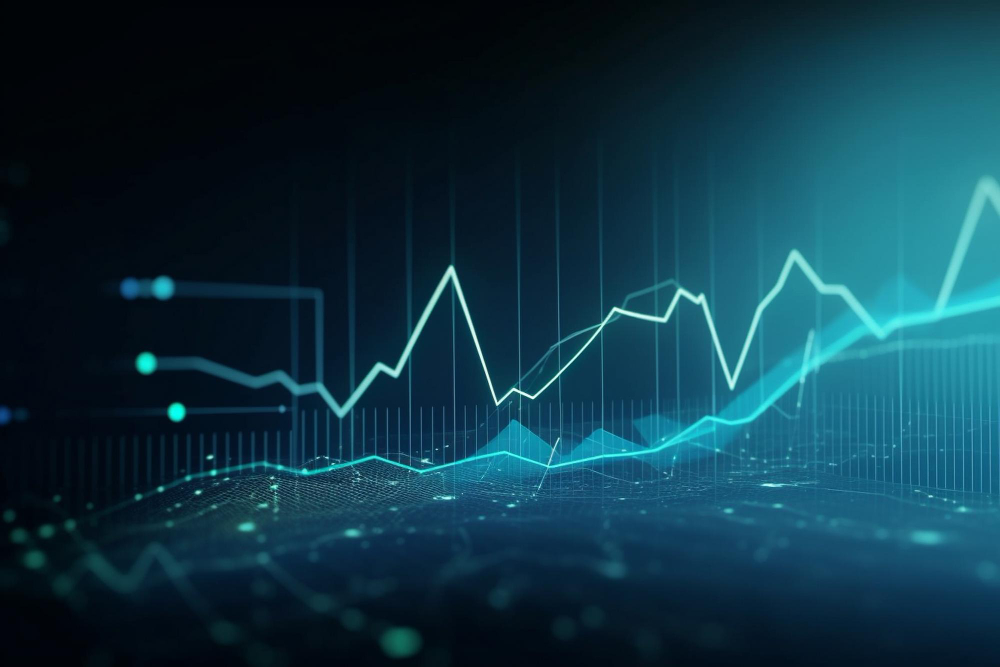The Role of Psychology in Successful Trading
In the vast finance arena, trading is one of the most dynamic and complex domains. While strategies, algorithms, and technical analyses are fundamental, the human psyche’s role is an undervalued factor that can make or break a trader’s success. Traders aren’t just battling market forces and grappling with their inner demons, biases, and emotions. Each trading decision is a mirror, reflecting a trader’s mental state, beliefs, and past experiences. Successful traders often possess an analytical mind and an awareness of their psychological tendencies. In this article, we delve into the intricate relationship between psychology and trading, shedding light on how inner dynamics influence the outer world of trading.
Role of Psychology in Successful Trading
The Emotional Spectrum of Trading
Every trader, regardless of experience, has faced the emotional turmoil that comes with the ups and downs of the market. Joy, despair, hope, and fear are frequent visitors in the trading world. These emotions can significantly influence decision-making processes.
For instance, the recent news that Elon Musk might move Twitter to Starlink after EU and USA threats caused a frenzy in the market. Such headlines can evoke strong emotional responses from traders, leading to impulsive decisions without proper analysis.
Overconfidence and Underconfidence
Two psychological pitfalls many traders face are overconfidence and underconfidence. Overconfidence can stem from a streak of successful trades, making one believe they’ve mastered the market. This can lead to increased risk-taking without due diligence.
Conversely, a series of losses can make a trader underconfident, making them overly cautious or hesitant to move, even when the indicators are favorable.
The Importance of Mental Resilience
Trading can be a rollercoaster; without mental resilience, it’s easy to be swayed by every market movement. Developing a mindset that accepts losses as a part of the journey and understanding that not every trade will be successful can significantly aid in long-term success. Emotions like fear, greed, or overconfidence can cloud judgment and lead to impulsive decisions. By practicing emotional discipline and detachment, traders can navigate the markets more objectively. Regular self-reflection and mindfulness exercises can help identify emotional triggers and mitigate their impact. In essence, mastering one’s psychology is as critical as mastering the art of trading.
Decision Fatigue and Its Impacts
With the plethora of options trading platforms available, traders are often bombarded with information and choices. Making continuous decisions can lead to decision fatigue, where the quality of choices deteriorates after a lengthy decision-making session. Traders must recognize this and take breaks, ensuring that each decision is well-informed. Moreover, setting clear boundaries and time limits for trading sessions can prevent burnout and maintain cognitive sharpness. Regularly stepping back, reflecting, and analyzing past trades without the pressure of real-time decision-making can offer invaluable insights. This balanced approach optimizes trading strategies and promotes mental well-being, enhancing decision quality.
Avoiding Herd Mentality
Often, traders can get caught up in what everyone else is doing. If many traders buy a particular asset, it might seem the right choice. However, following the herd can be detrimental. Instead, relying on research, understanding market indicators, and having a clear strategy can prove more fruitful. Succumbing to peer pressure or popular sentiment can cloud judgment, leading traders to overlook crucial data points or trends. Emotions such as fear of missing out (FOMO) can quickly take over, pushing traders into impulsive decisions. Cultivating an independent mindset and regularly reassessing one’s trading plan can guard against such pitfalls and foster a more objective approach.
Future of online trading
- Technology Integration: The future of online trading is likely to be heavily influenced by technological advancements. Artificial Intelligence (AI), machine learning, and data analytics are expected to significantly refine trading strategies, risk management, and decision-making processes.
- Blockchain and Cryptocurrencies: The rise of cryptocurrencies and blockchain technology has significantly impacted the financial industry. Integrating blockchain in online trading platforms can enhance trade settlement security, transparency, and efficiency.
- Mobile Trading: With the increasing reliance on smartphones, mobile trading is expected to continue growing. Traders will likely demand more sophisticated and user-friendly mobile applications that provide real-time data, advanced charting tools, and seamless execution of trades.
- Social Trading: Social trading platforms, where users can follow and copy the trades of successful investors, are gaining popularity. This trend may continue as more investors seek community-driven insights and collaborative trading strategies.
- Regulatory Changes: Regulatory frameworks around online trading are likely to evolve. Governments and regulatory bodies may introduce new rules and regulations to ensure the security and integrity of online trading platforms and protect investors.
- Robo-Advisors: The use of robo-advisors, automated systems that provide financial advice or execute trades on behalf of clients, is expected to increase. These systems can use algorithms to analyze market trends, assess risk, and make investment decisions.
- Globalization of Markets: Online trading has facilitated access to global financial markets. The future may see an even greater integration of calls, with investors trading seamlessly across borders and accessing a more comprehensive range of financial instruments.
- Environmental, Social, and Governance (ESG) Investing: There is a growing interest in sustainable and responsible investing. Online trading platforms may incorporate more tools and information related to ESG factors to meet the demands of socially conscious investors.
- Cybersecurity: As online trading becomes more prevalent, the importance of cybersecurity will continue to rise. Ensuring the security of user data and financial transactions will be a top priority for online trading platforms.
- Education and User Experience: Online trading platforms may focus more on educating users, especially new investors, and improving overall user experience. This could involve integrating educational resources, tutorials, and user-friendly interfaces.
Conclusion
While mastering technical skills and understanding market dynamics are essential, recognizing the psychological challenges and cultivating a robust mental disposition are equally crucial in the trading world. By being aware of emotional triggers, avoiding common psychological pitfalls, and prioritizing mental well-being, traders can navigate the tumultuous seas of the financial market with confidence and clarity. It’s not just about the numbers and charts; it’s about the human behind the screen. Emotions, biases, and cognitive patterns play a significant role in decision-making. Therefore, integrating psychological awareness with trading strategies ensures a holistic approach, increasing the chances of consistent success and long-term sustainability in the competitive trading world.


















